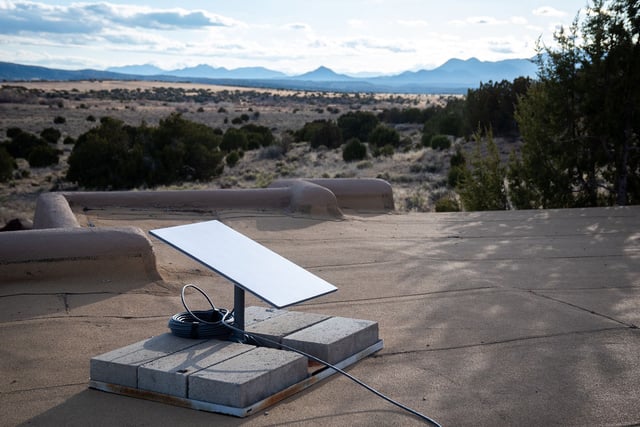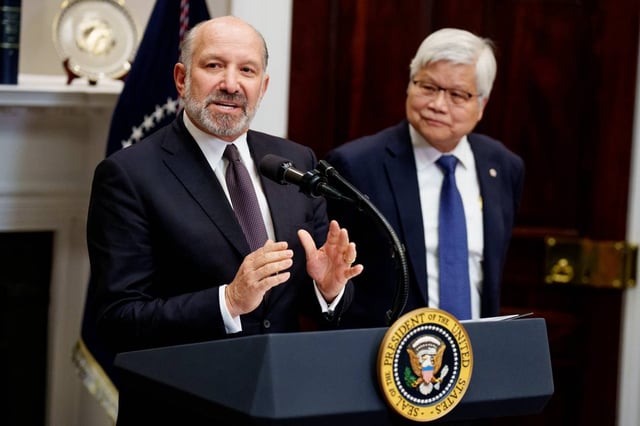Overview
- The Broadband Equity, Access, and Deployment (BEAD) program, created in 2021, has been overhauled to take a 'technology-neutral' approach to internet expansion.
- The changes remove a previous preference for fiber-optic infrastructure, potentially allowing satellite providers such as Starlink to secure a larger share of the $42.5 billion in funding.
- Critics argue the shift could result in slower, less reliable, and more expensive broadband options for consumers compared to fiber-optic services.
- Supporters of the overhaul, including Commerce Secretary Howard Lutnick, claim it will reduce costs and accelerate deployment to underserved areas by cutting 'burdensome' regulations.
- Some analysts warn the changes could delay implementation as states may need to revise grant plans, with concerns about long-term costs and service quality for satellite-based solutions.

